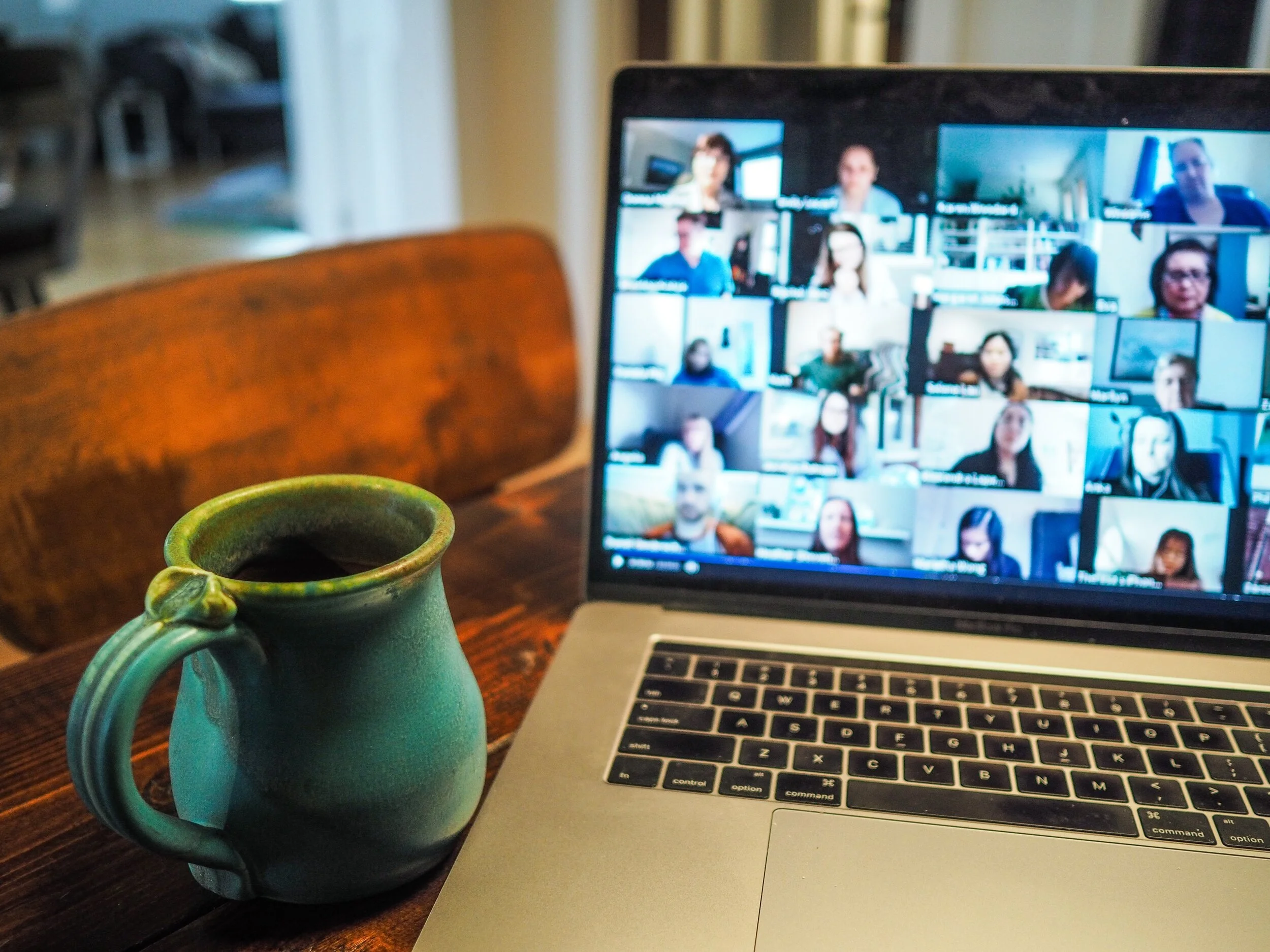How the Who Is Carter Foundation is Uniquely Positioned to Support Families during the COVID-19 Crisis
It’s clear that every sphere of our society has been impacted by the COVID-19 crisis: our healthcare system, schools, businesses. Everyone has had to make adjustments in 2020, and nonprofit organizations are no exception. You’ve likely seen news about nonprofits shifting their charity events from in-person gatherings to digital experiences--everything from virtual 5Ks to online auctions. Many nonprofits have also had to alter the way they provide services to the people they care for: Health clinics are holding appointments by videoconference when possible. Food pantries are offering curbside pickup service. Children’s camps and educational programs are happening on Zoom. And arts organizations are hosting virtual art gallery tours and online concerts.
The Who Is Carter Foundation has made adjustments, too: Our staff has shifted in-person meetings to phone or videoconference meetings. (We’ve even held a virtual happy hour via Zoom for some of our volunteers!) All of our staff have been working from home, though most of us were already doing so even before Coronavirus, so this shift has been an easy adjustment. Volunteers are working remotely to expand the resources available on TheBrainPossible.com and to plan the Third Annual Who Is Carter Gala.
Even before COVID-19, the Who Is Carter Foundation was already uniquely positioned to support families in a safe, no-contact method. You see, TheBrainPossible.com is our primary means of service to families--a website that parents can safely access from anywhere, without compromising their health. In fact, even during stay at home orders, we have been able to grow the digital resources we offer to families by launching The Brain Possible Podcast. We also published several blog posts specifically for the purpose of supporting parents and children during the Coronavirus Pandemic: Click here for blog posts on everything from parent-approved videos and apps, to schooling during a crisis, to stress relievers for parents and caregivers.
Our biggest challenge during this time has been fundraising. The reality is, the economic impact of the Coronavirus Pandemic has forced most individuals and companies to either postpone their charitable gifts or suspend their charitable giving budget altogether in 2020. When we have spoken with a number of our loyal supporters, they have expressed how much they would like to give right now, but their finances simply don’t allow for it.
Often, the biggest challenges can bring out the best in our creativity. Because donations have slowed, Who Is Carter has placed a lot of time and attention on building a different revenue source: the catalog of recommended products on The Brain Possible. Not only does the sale of these products produce revenue for the Foundation (100% of all proceeds from product sales are directly reinvested in the Foundation’s efforts), it provides parents with safe, nontoxic products that they can trust to support their children’s health and development. Parents are finding and ordering products like play mats or a Sleep Switch that protects your family from the harmful effects of electromagnetic radiation in your home. We are so thankful that providing a service to our families can simultaneously be a form of financial support for the Foundation. This catalog will be transforming in the coming weeks to include more great products.
Another creative response to the fundraising challenge has been the Foundation’s shifting of more time and effort into submitting grant proposals in 2020. With the support of volunteers who proofread and edit the proposals, we are reaching out to a number of local and national grantmaking organizations to partner with us on the expansion of TheBrainPossible.com and The Brain Possible Podcast.
While we are as eager as anyone to resume normal life--or rather, to achieve some sort of new normal--we are thankful that we are uniquely positioned to continue supporting families digitally through The Brain Possible’s articles, blog posts, practitioner registry, and product catalog, as well as the new podcast. We are delighted to discover that many volunteers can fill needed roles remotely--and they are more eager now than ever before to do so, as a way to stay meaningfully connected with the world from the safety of home. To be able to provide these services uninterrupted--and to engage with so many passionate volunteers--during such a difficult time is a gift that our staff is thankful for every day.

